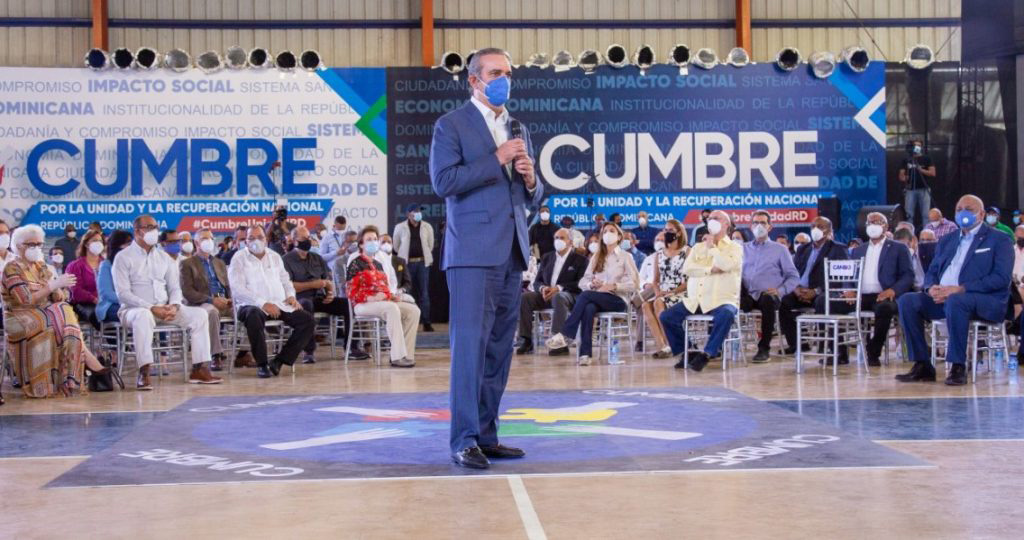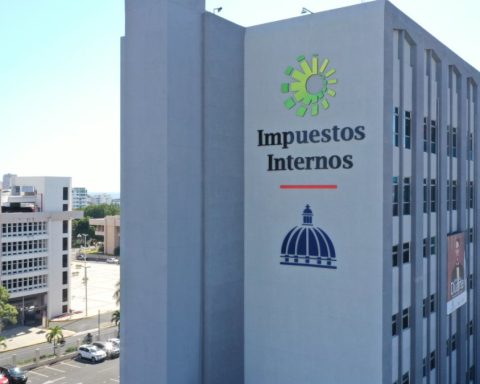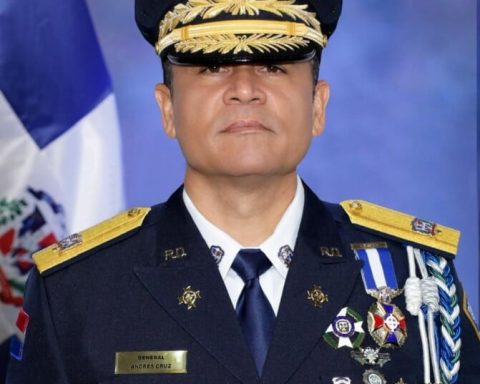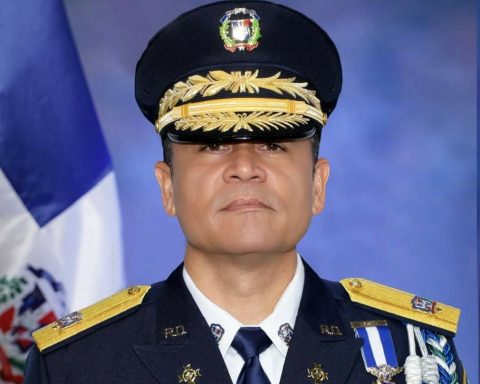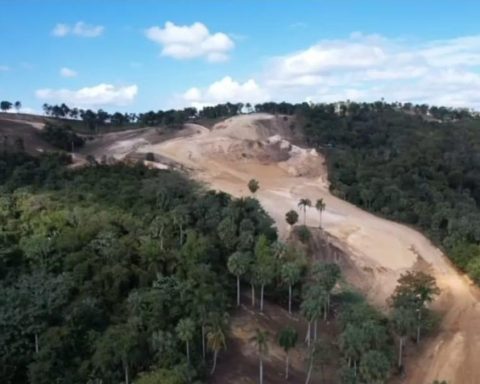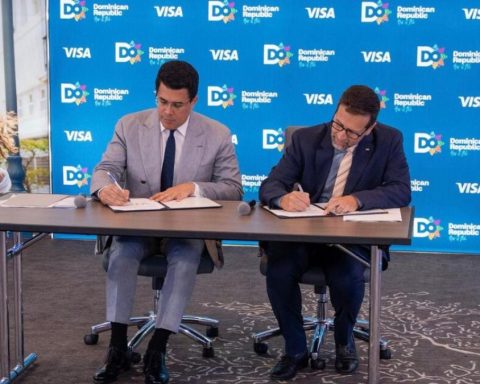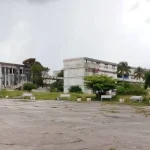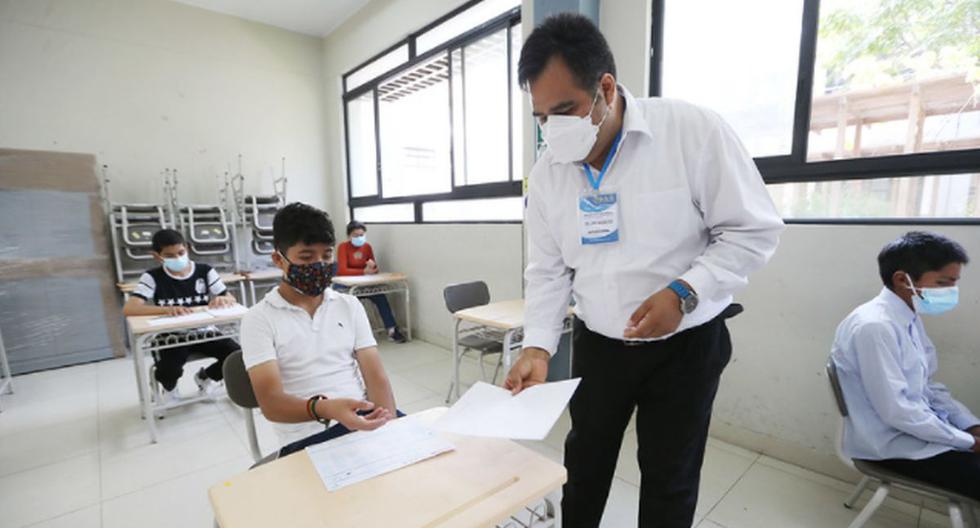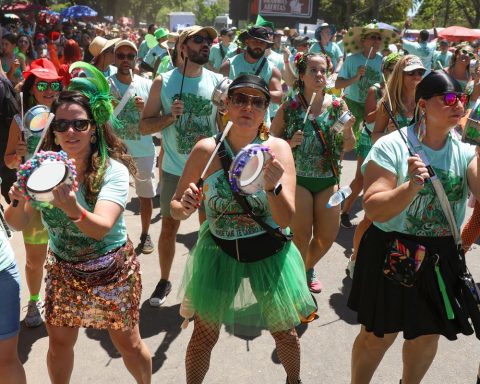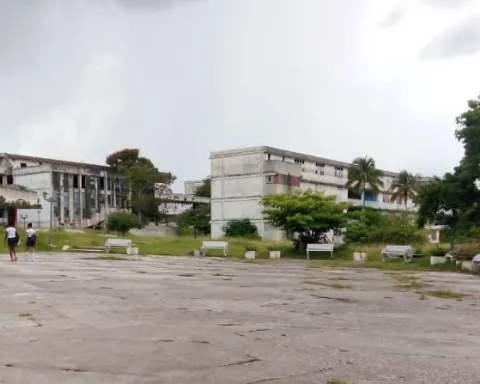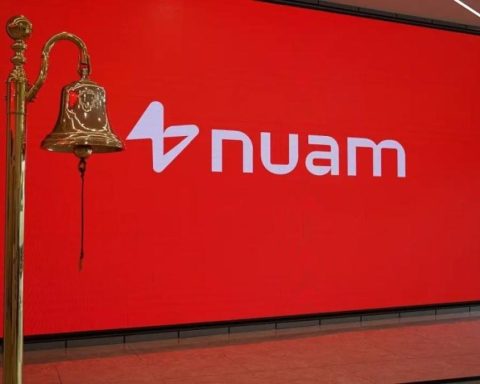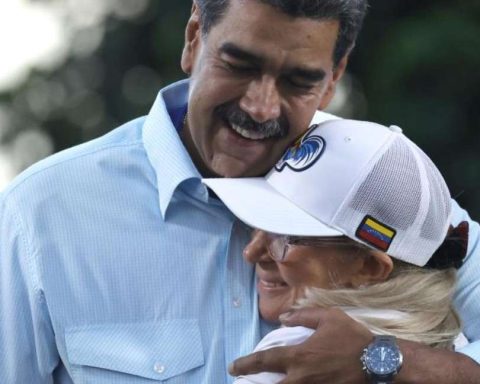The party law, in addition to being unconstitutional, has hit internal democracy despite the fact that it requires renewal
In the last eight years, the party system and the configuration of the party scene in the country have undergone dramatic changes. The two main parties of the system, the PRD and the PLD, were divided. Two new electoral options emerged, the ruling Modern Revolutionary Party (PRM), in 2014, and the People’s Force (FP), which emerged in 2019.
The acclaimed Law of Political Parties was approved, which was dismembered by the courts for being unconstitutional and the practice of non-participation of the militancy of the members of the organizations in internal processes is being consolidated.
The Dominican Liberation Party (PLD) has 1.7 million members, according to the last census that it deposited in the Central Electoral Board (JCE). But in 2014 was the last time that its members were part of an internal process. On that occasion they chose new members of the Central Committee. The election of the new authorities in 2021 was made by less than a thousand members of the Central Committee.
The Modern Revolutionary Party (PRM) deposited a list of 1.8 million militants, but recently decided that these members will not be part of the election of the new authorities, as happened in 2018, because it will be a convention of delegates of more than a little more than 2 thousand members.
There are also those who proclaim that there will be no vote to choose President Luis Abinader as presidential candidate in 2024.
The nascent Force of the People (FP) party deposited its first list of members of almost 650,000 militants. Until now they have been part of the construction of the new organization, but the current authorities are provisional and it seems that there is no intention of holding an election before the 2024 elections.
It remains to be seen what election mechanism that party will use to select candidates and whether or not it will take militants into account.
In the Dominican Revolutionary Party (PRD), since it split in 2013, it has reduced its decisions to the narrow circles of its president, Miguel Vargas, whose last choice as president was made in an assembly of delegates. The Christian Social Reformist Party (PRSC) has long made its decisions in assemblies of delegates and the Presidential Directory.
If the militants of the political parties do not participate in the election of the authorities or the candidacies for positions of popular election, what is the point of being a member of a political party?
Political parties achieved constitutional status since 2010 in article 216 of the Constitution, which defines internal democracy in these entities.
“The organization of political parties, groups and movements is free, subject to the principles established in this Constitution. Its formation and operation must be based on respect for internal democracy and transparency, in accordance with the law”, establishes the Constitution.
The law that governs the life of political parties was approved in 2018 and promulgated as number 33/18, but contrary to what the Constitution establishes, this legislation has not generated greater internal democracy, but in practice what is observed is contrary to what the law requires. In fact, more than 15 articles of that legislation have been declared unconstitutional.
Negative impact of party law
Contrary to what was promoted during more than 20 years of discussion on the Law of Political Parties, which would solve the problems of the organizations and guarantee internal democracy, since its approval the opposite has happened. The right of militancy of political parties has been injured.
The fifth recital of Law 33/18 establishes that it is necessary to create a legal framework that guarantees and strengthens internal democracy in the parties. In one of its articles, the legislation states that the statutes of the organizations “will be aimed at guaranteeing internal democracy, equal rights and duties of members and transparent political exercise.”
Numeral four of article 27, on the content of the statutes, establishes the procedure for the renewal of the governing bodies and the selection of their leaders from the periodic vote of the members of the political organization, “sponsoring a broad participation of the base of the political party, group or movement”.
In practice, what has happened is that the parties, based on paragraph one of article 45 of Law 33/18, have modified the statutes so that instead of limiting the election mechanism through the universal vote of its members, adopt other methodologies provided by law.
In both the PLD and the PRM, the mechanisms for electing their authorities and candidates for elected positions were through the vote of their members, but they have been modified to include the range of election options provided by law. These methodologies are: primaries, conventions of delegates, militants, leaders and surveys.
The PLD modified its statutes in 2019 and made another adaptation in 2021. In the case of the PRM, the statutory change was on January 30 at the National Committee meeting. Last Wednesday he announced that the new authorities will be elected in an assembly of delegates, which has generated criticism from leaders such as Guido Gómez Mazara and Ramón Alburquerque.
The FP does not fall into this scheme, because its foundation was in 2019 and its constitutive congress in 2021, so it was born under the regime of the Political Parties Law.
Election of candidates
In 2018, in the heat of the harsh debates on the party law, Leonel Fernández, then president of the PLD, was the standard-bearer of keeping the primaries closed as an election mechanism, but the idea of open primaries promoted today prevailed. President of the PLD, Danilo Medina.
The last time that the PLD militancy chose its presidential candidate was in 2011, when Medina was elected, who also headed the ticket for 2016.
The latter case was hailed at a delegate convention for being the only contender. For the 2020 elections, today’s opposition party chose the candidate in open primaries, therefore, it was not an exclusive act of the members of the purple party.
To choose the presidential candidacy of 2024, the Central Committee of the PLD decided that it will be through an open registry, excluding members of other organizations. This measure implies that it will not be the PLD militancy that will choose its candidate. Regarding the selection of candidates for other popularly elected positions, the organization has not reported the mechanism it will use.
The FP approved the statutes in the constitutive Congress of the organization.
The Central Committee of less than a thousand members elected the authorities of the PLD.
The PRD under the leadership of Miguel Vargas has been reduced.
Law obliges to renew the authorities every 4 years
Article 28 of Law 33/18 obliges political parties to renew their authorities every four years. Article 28.- Renewal of internal bodies. “The political parties, groups and movements will renew periodically and through democratic mechanisms the management positions of their internal organizations, in accordance with the periods established by their statutes, without in any case the duration of these periods exceeding the time of mandate consecrated constitutionally. for popularly elected positions”, he establishes. The PRM is the first party in power that will have to undergo a process of renewal of authorities in the middle of the government period. The PLD, which governed 16 years in a row, did not renew its authorities during that time. Leonel Fernández and the late Reinaldo Pared Pérez, who held the presidency and general secretary during the PLD’s time of power, were elected in 2001, ratified by plebiscite in 2005 and 2011. They then continued in their positions by an internal agreement in the PLD, but there was no vote.
Parties and JCE work to improve laws
The Central Electoral Board and the political parties are immersed in a study process for the modification of the laws of political parties and the electoral regime. So far, no mechanism has been proposed to guarantee the participation of the parties’ militancy in internal processes. The legislation would have to be approved in the next three months so that it does not affect the assembly of the 2024 elections.
